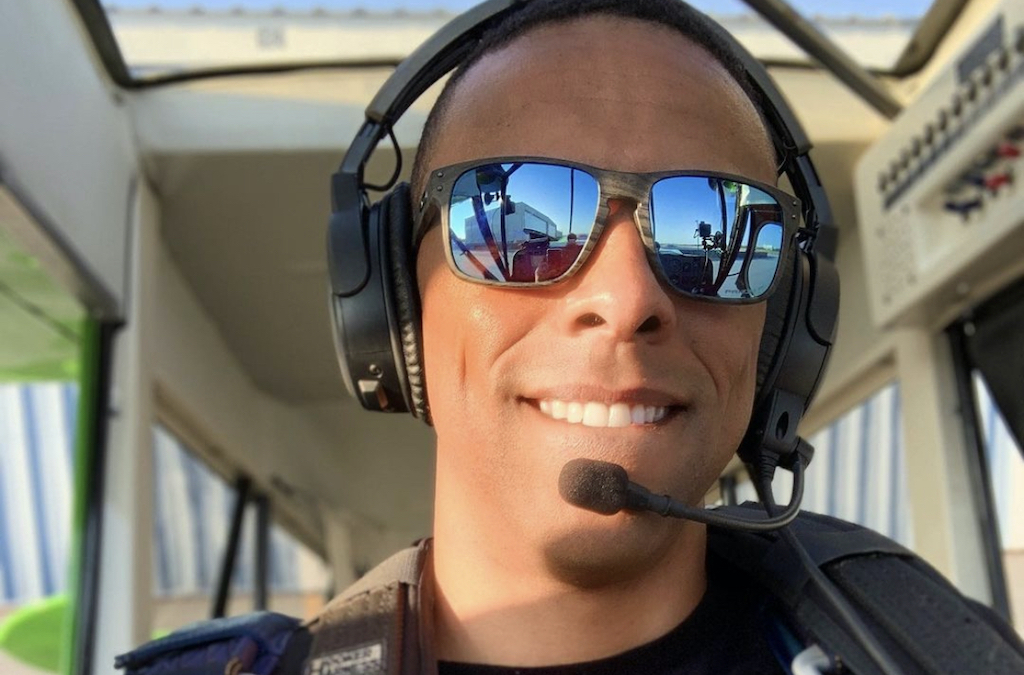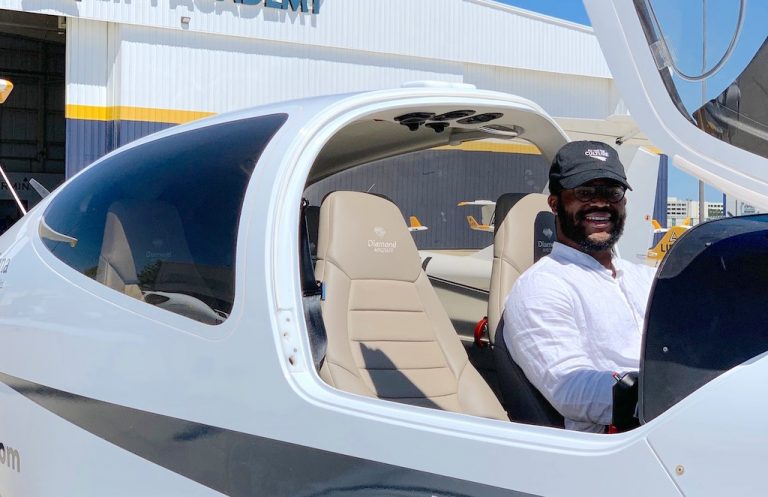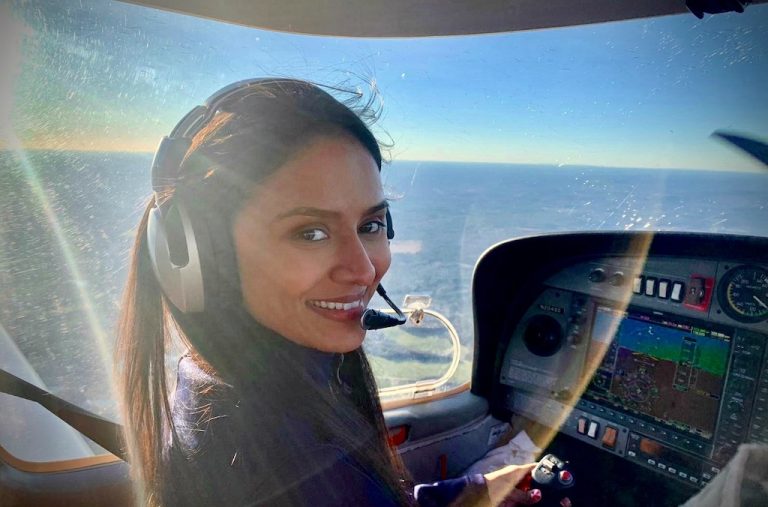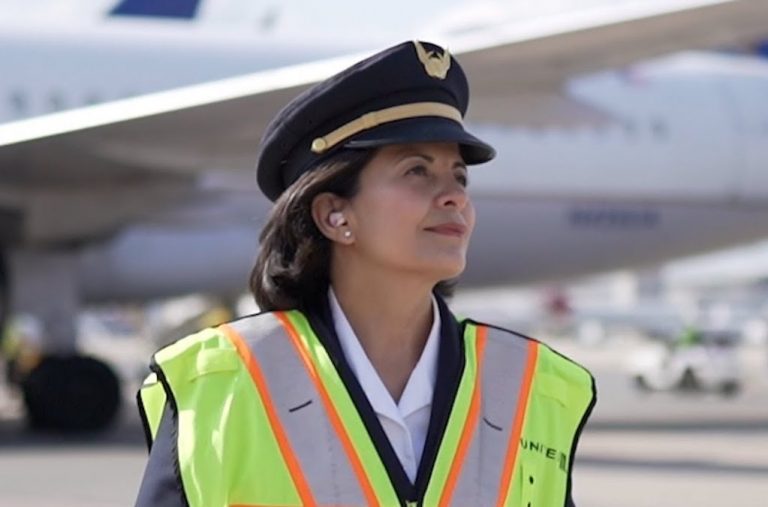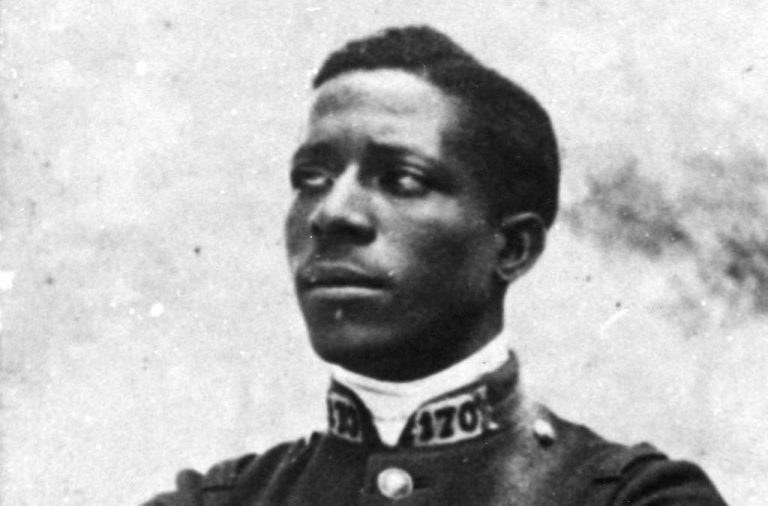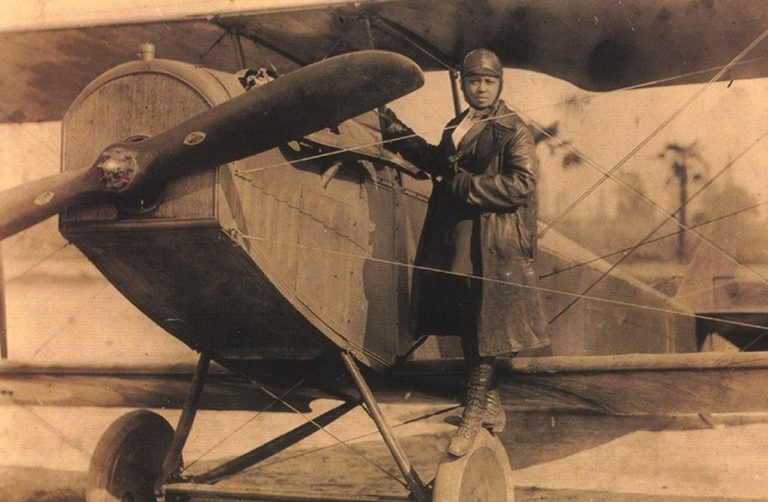Jared Hodge
Forty-year old Jared Hodge dreamed of becoming a pilot since the age of six-years old. Hodge’s parents often took him to airshows at a young age, which sparked his interest in aviation and he never looked back.
He earned a Bachelor of Business Administration in Aviation Management and Professional Flight from Auburn University. While at Auburn, Hodge said he gained significant exposure to the aviation industry. “They taught me how to fly. I went there with only 5 hours of flying time.”
Hodge interned for Atlantic Southeast Airlines while at Auburn. He says that they showed him how to prepare for a career as a pilot. After graduating, Hodge accepted his first job as a flight instructor at a flight school in Pensacola, Florida. He later went to his hometown in Mobile, Alabama to fly private jets for Charter Services, Inc. After that, he went back to Atlantic Southeast Airlines as a commercial pilot for about six years.
In 2010, Hodge joined Delta Airlines. He now holds a position as a captain, flying Airbus A319, A320, and A321. Hodge, an African-American male, is the first pilot in his family. He says that mentorship played a key role in his success.
“I built a network where I was able to ask people about their career journeys in the aviation field, their mistakes and what they did to help them succeed. Majority of my mentors were pilots, flight instructors…people who I made a connection with through internships.”
Hodge advises aspiring pilots to stay motivated, focused, and surround themselves with a supportive network.
“Aviation is so expensive. The cost of flight training kicks out people from getting into the industry, but having a network of people can really help because when the financial burden comes the network of people that you build can give advice on how to save money on flight training or tell you where to go to get quality flight training.”
The high costs of training in the aviation industry is one barrier that disproportionately affects minorities. Hodge continues to make an effort to promote diversity within the industry.
“People are recognizing that hiring people of color to be pilots, mechanics, flight attendants, air traffic controllers benefits not only the work group but the company in so many different ways.”
He encourages young pilots to obtain a variety of skills because it can open the door to many different opportunities. “Until I did my internship, I didn’t realize pilots could be managers of other teams or manage flight operations and fly. There are so many opportunities that a pilot has at an airline or any other company that doesn’t involve just being a pilot.”
Hodge is hopeful that organizations such as Fly for the Culture provide others with the opportunity to relate to different individuals stories and motivate them to pursue a career in aviation.

